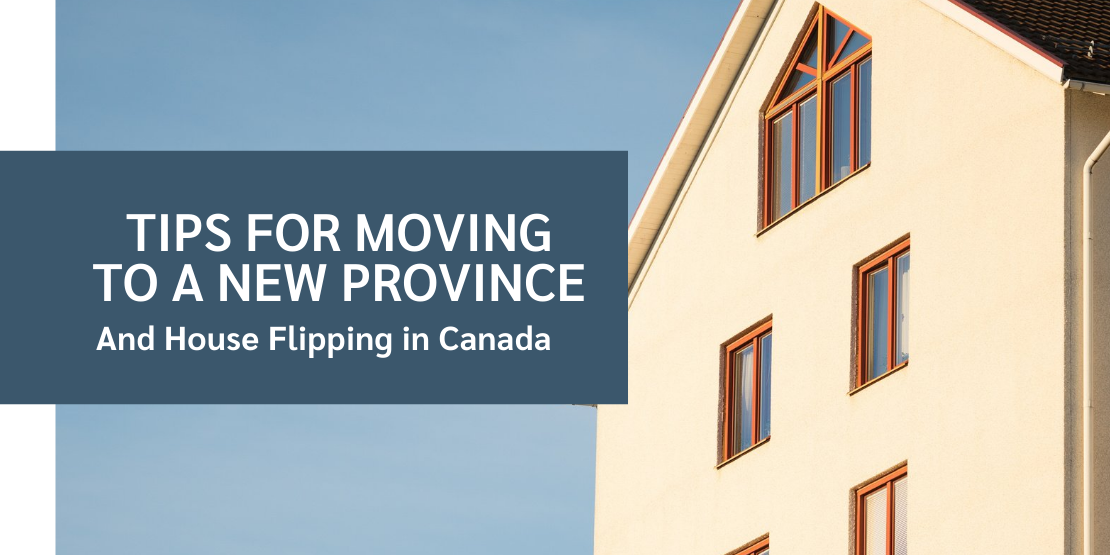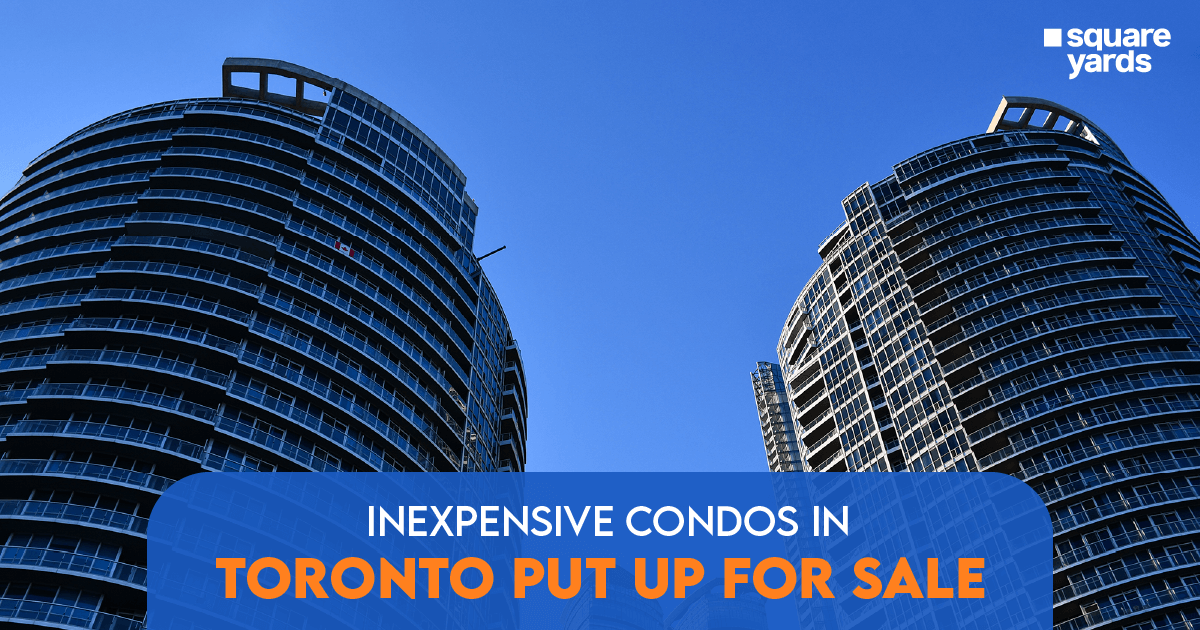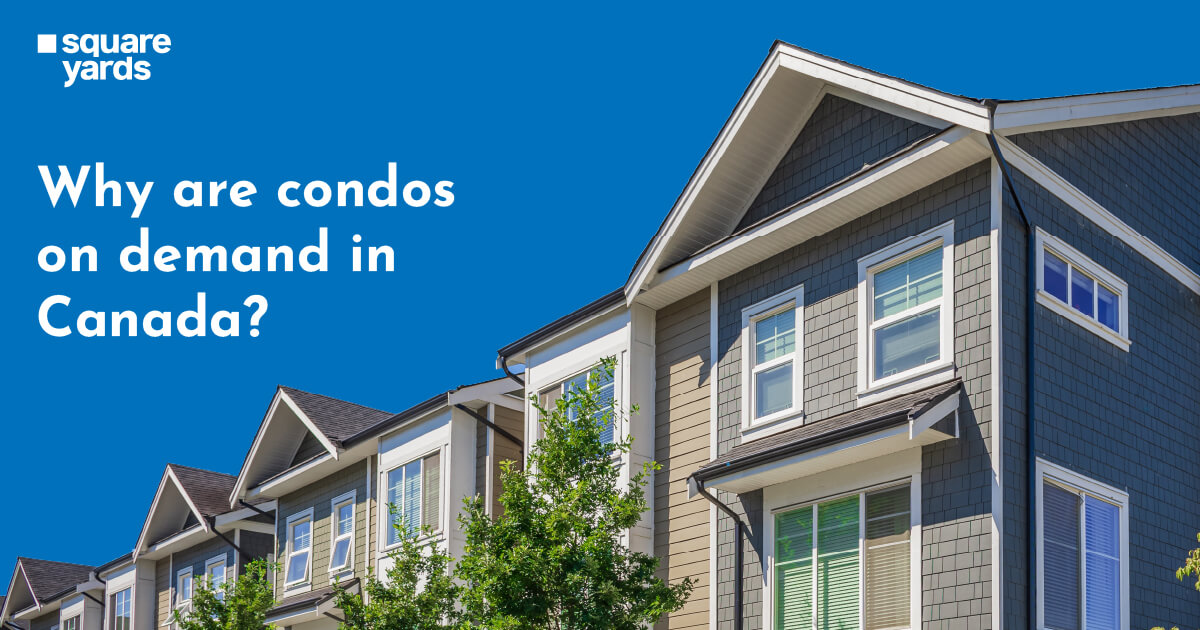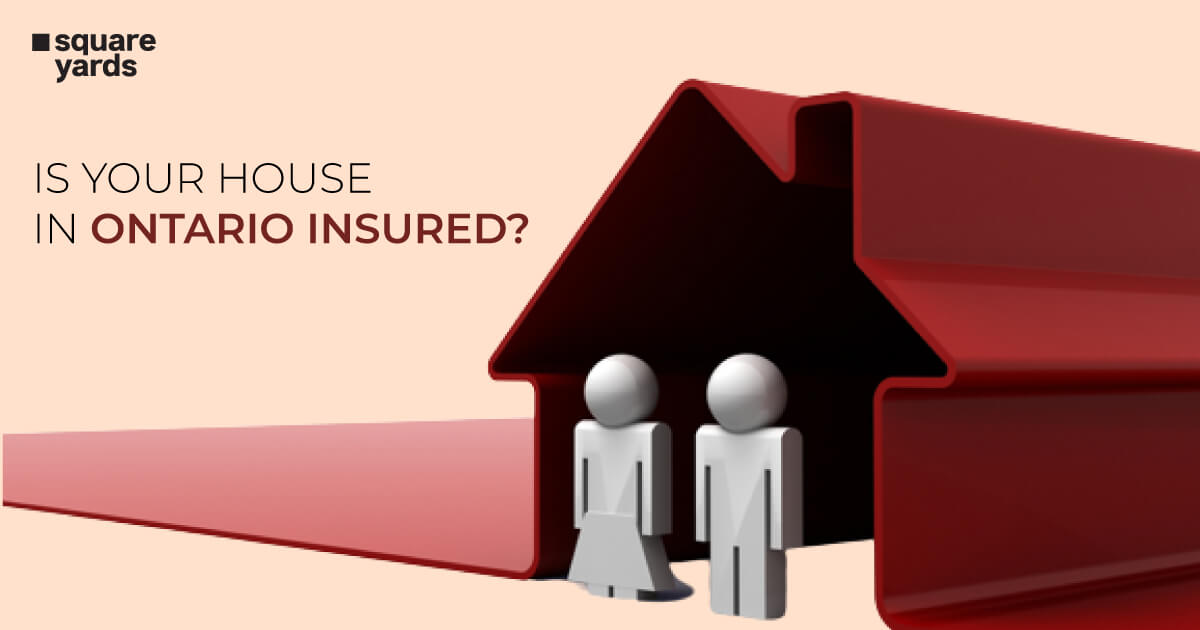Canada is a dream destination for many who want to settle permanently, but it can be challenging to build a home in your desired location within your budget. The cost of building a house in Canada includes various expenses, including land purchase, inspections, and complex permitting processes. Buildable lots can be particularly expensive in urban regions, making the journey even more daunting. If you’re unfamiliar with real estate and construction, the cost of new home construction may feel overwhelming.
According to Statistics Canada, residential building costs rose by 1% in the first quarter of 2024 and another 0.8% in the second quarter. With high mortgage interest rates and a shortage of skilled labour, construction costs are expected to remain elevated in the future. So, here is a blog to help you identify the factors affecting these costs and give you accurate estimates for constructing a home in Canada.
Average Costs for Home Construction in Canada

The average cost to build a house in Canada depends on several factors, including location, materials, labour, and customisation. If you’re considering a production single-family home, expect a lower price per square foot than a custom-built home with premium finishes and unique designs.
Here’s a detailed breakdown of home construction costs in major Canadian cities based on customisation requirements:
Production Single-Family Home Costs
A production home is typically a pre-designed house with limited customisation. The cost per square foot in different cities is as follows:
City | Low-End ($/sq ft) | High-End ($/sq ft) |
Toronto/GTA | $205 | $280 |
Edmonton | $150 | $240 |
Winnipeg | $145 | $230 |
Ottawa/Gatineau | $140 | $225 |
Vancouver | $185 | $315 |
Halifax | $105 | $165 |
St. John’s | $130 | $165 |
Calgary | $150 | $240 |
Montreal | $140 | $205 |
Custom-Built Single-Family Home Costs
If you’re looking for a high-end, uniquely designed home with luxurious finishes, a custom-built house is the way to go. However, the price per square foot significantly increases:
City | Low-End ($/sq ft) | High-End ($/sq ft) |
Vancouver | $485 | $1,225 |
Ottawa/Gatineau | $500 | $1,055 |
Halifax | $275 | $555 |
Montreal | $430 | $860 |
Edmonton | $450 | $995 |
Winnipeg | $450 | $975 |
St. John’s | $320 | $670 |
Toronto/GTA | $515 | $1,130 |
Calgary | $450 | $995 |
As you can see, the cost of new home construction varies dramatically across Canada. If you’re building a home in Toronto/GTA or Vancouver, be prepared for significantly higher costs, especially for custom builds. On the other hand, cities like Halifax and Winnipeg offer more affordable options.
Additionally, if you’re planning to build in Ontario, you’ll want to pay attention to the price per square foot to build a house in Ontario, which tends to be higher due to demand and land value. The cost to build a house in Canada depends on the type of home. A basic single-storey home costs between $155 and $220 per square foot, making it the most budget-friendly option.
Building Costs for a House in Ontario
In 2025, the cost to build a house in Ontario varies significantly based on location, design, and materials. On average, constructing a detached home in the province ranges from $130 to $400 per square foot. However, in high-demand urban centres like Toronto, this figure can escalate to between $500 and $1,100 per square foot, especially for custom-built homes with premium finishes. Additionally, the cost of new home construction is influenced by regional economic factors, availability of skilled labour, and local regulations. Homeowners must account for “soft costs”, which are the expenses that are not directly tied to the physical building process. These can add an additional $20 to $50 per square foot to your budget.
These include architectural fees, legal fees and land acquisition costs. Considering both construction and soft costs, building a standard 2,500-square-foot home in Ontario could range from $300,000 to $500,000. The new house build cost can vary based on factors such as the complexity of the design, choice of materials, and current market conditions. For those considering building in Ottawa, costs are slightly more moderate, averaging up to $440 per square foot. In contrast, rural areas in Ontario offer more affordable building options, with costs per square foot often falling below the provincial average. A two-story standard home ranges from $175 to $275 per square foot, offering more space at a higher cost.
A custom-built or luxury home starts at $250 per square foot and can exceed $500 per square foot, depending on high-end finishes and architectural complexity. Larger homes with premium materials drive costs even higher.
Factors Influencing the Cost of Constructing A House
Several factors influence the cost of building a house in Canada, making it essential to plan carefully before starting construction. From land selection to design choices, every aspect plays a role in determining the final expenses. Here are five key factors that impact the overall new house build cost:
Land and Location
The land you choose plays a significant role in determining the cost of new home construction. Prices vary widely depending on whether you build in an urban, suburban, or rural area. Cities like Toronto, Vancouver, and Ottawa have some of the highest land costs in Canada, making home construction significantly more expensive. In contrast, rural areas offer more affordable land but may require additional infrastructure like road access, sewage, and utility connections, which can add to the overall budget.
Permits and Government Fees
Before construction begins, homeowners must obtain various permits, including zoning permits, environmental assessments, and building approvals. The cost of these permits varies by province and municipality. In cities like Toronto, permit costs can reach $20,000 or more, while smaller towns may have lower fees. In several provinces, homeowners also have to pay safety standard inspection fees.
Materials and Construction Quality
The choice of building materials significantly affects the cost of new home construction. Materials like brick, stone, and high-end wood are more expensive than basic concrete and vinyl siding. Material costs also fluctuate due to supply chain disruptions and market trends. Additionally, imported materials are subject to shipping delays and tariffs, which can further increase costs.
Labour and Skilled Trades
Hiring professionals is a crucial yet expensive part of the cost of new home construction. Labour costs depend on availability, experience, and regional demand. In cities with a high demand for housing, the pay for electricians, plumbers, and roofers is significantly higher than in smaller towns. A shortage of skilled labour can also drive up costs at times.
Home Design and Size
The size and design complexity of a home directly impact the price per square foot to build a house in Ontario. A larger home requires more materials, labour, and time to construct, making it more expensive. Also, features like vaulted ceilings, large windows, and open-concept layouts will increase construction costs altogether.
Why Should You Hire a Contractor for Home Construction in Canada?
Hiring a contractor ensures a smooth and efficient home-building process while helping you manage costs and avoid common construction pitfalls. Here’s why professional expertise is essential for managing the cost of building a house:
- Contractors have industry connections, helping you source quality materials at better prices.
- They handle permits, inspections, and legal requirements, preventing costly delays in the cost.
- Skilled contractors coordinate labour and timelines efficiently, optimising the cost to build a house without compromising quality.
- Professional contractors ensure high construction standards, enhancing durability and maximising the price per square foot to build a house in Ontario.
- Their experience in budgeting and project management helps control expenses and avoid unexpected spikes.
How to Calculate the Estimated Cost of Building a House in Canada?
Here is a step-by-step guide on estimating the overall cost of building a home in Canada:
Determine Your Home Size and Type
The foundation of your new house build cost lies in its size and architectural design. Larger homes demand more materials and labour, while custom layouts and high-end finishes add to expenses. A clear vision helps estimate costs effectively.
Analyse Regional Construction Rates
The price per square foot to build a house in Ontario differs from other provinces, making location a key factor in budgeting. Researching local trends helps avoid surprises, and hiring a contractor will help you get accurate estimates based on the neighbourhood.
Land and Permit Expenses
The cost of new home construction extends beyond materials, requiring fees for land preparation, permits, and municipal fees. Sloped lots, rocky terrain, and zoning laws can introduce unexpected costs.
Material and Labour Costs
Premium materials and experienced tradespeople ensure quality but raise expenses. Supply chain disruptions and labour shortages can further impact your bottom line. All of these factors can influence the overall cost of construction for a new house.
Get Professional Estimates
Securing multiple contractor quotes gives a realistic picture of the cost of building a house. A detailed breakdown of labour, materials, and project timelines ensures smart financial planning. Comparing estimates helps strike the perfect balance between cost and quality.
Mortgage Financing Options for Building a House in Canada
A construction mortgage, also known as a builder’s mortgage, is a specialised loan designed to fund the construction of a home that has not yet been completed. It differs from traditional home loans in that funds are disbursed in stages, known as “draws,” whenever a crucial step of the construction is completed.
It is available in two different forms: Progress Draw Mortgage and Completion Mortgage. In the former, funds are released at various stages of construction upon inspection approval, while in the latter, the full loan amount is provided upon project completion.
Construction Stage | Percentage of Funds Released | Key Requirements |
Initial Land Purchase | 10% – 15% | Land ownership and approved building plans |
Foundation Completion | 15% – 20% | The foundation was poured and inspected |
Framing & Roofing | 25% – 30% | Structure, roof, and exterior completed |
Interior & Mechanical | 20% – 25% | Plumbing, electrical, and drywall finished |
Final Completion | Remaining Balance | The home has been fully built and passed the final inspection |
Smart Ways to Lower the Average Cost of Building a New Home
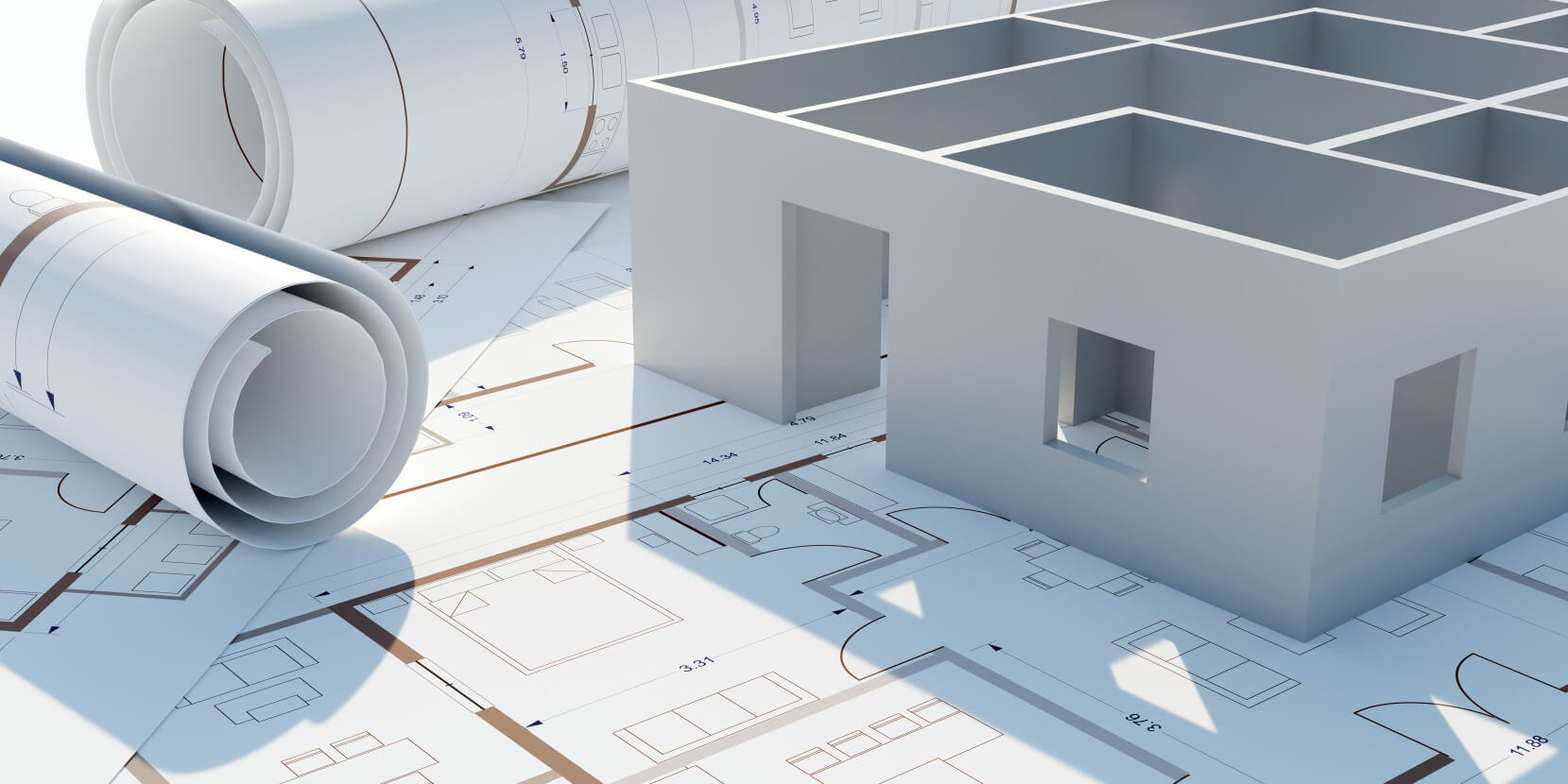
By making informed decisions at every stage of construction, homeowners can effectively manage the cost to build a house while still achieving their dream home. Here are five essential ways to keep expenses under control while building your dream home:
Choose a Cost-Effective Design
The layout and design of a home play a significant role in determining the new house build cost. Simple, open-concept floor plans with fewer corners and intricate architectural details reduce material waste and labour expenses. You can also choose to build multi-storey homes instead of a sprawling single-story home of the same square footage, offering more living and storage space.
Source Local Off-Season Materials
Buying materials in bulk or during off-season sales can lower expenses. Reclaimed or recycled materials, such as salvaged wood, bricks, and fixtures, provide a unique aesthetic while reducing costs. Homeowners should also consider alternative building materials, such as insulated concrete forms or structural insulated panels, which offer long-term savings due to energy efficiency.
Manage Labour Costs Effectively
Skilled labour is one of the most expensive components of new house construction costs, but homeowners can reduce expenses by taking a hands-on approach. Homeowners can do non-specialised tasks, such as painting, landscaping, or installing flooring. They can also opt to hire trained contractors for the same purpose.
Optimise Energy Efficiency
Energy-efficient design reduces the long-term cost to build a house. Investing in high-quality insulation, energy-efficient windows, and solar panels lowers future utility bills. Passive solar design, which maximises natural light and heat, can also help reduce heating and cooling costs.
Budget-Friendly Location
Land in urban centres tends to be expensive, while suburban or rural areas offer more affordable options. Choosing a plot with existing utility connections reduces the costs of extending water, electricity, and sewer lines. Also, researching different municipalities and their tax structures can also lead to savings, as some areas offer lower property taxes and permit fees.
Winding Up
Building a new home in Canada can be cost-effective, but it does come with challenges. With the right knowledge and professional help, you can easily manage the average cost to build a house. By following the estimates and tips given above, you can build your dream home on a budget while avoiding unnecessary stress. For expert guidance, consider consulting trusted real estate professionals from Square Yards, who can help streamline the process.
You May Also Read :
Explore Toronto Real Estate Market | |
Know The House Renovation Cost | |
Guide To Credit Score to Buy a House | |
New Construction vs Resale Homes |
Frequently Asked Questions (FAQs)
How much time is required to construct a house in Canada?
The timeline for building a house in Canada typically ranges from 8 to 12 months, depending on factors like design complexity, weather conditions, and permit approvals.
Is buying an existing home or building a new one better?
This decision depends on budget, timeline, and personal preferences. Buying a home helps with quicker move-in, while building a new home provides easy customerisation options.
What is the estimated cost of building a house in Canada in 2025?
The cost to build a house in Canada in 2025 varies by region, ranging from $120 to $300 per square foot.
What are the average expenses for constructing a house in Ontario?
The cost of new home construction in Ontario varies between $155 to $285 per square foot, with luxury builds in cities like Toronto reaching $400–$500 per square foot or more.
Which type of house is the most affordable to construct?
Modern homes with energy-efficient setups help reduce the cost and construction time while maintaining quality and energy efficiency.
What house shape is the most economical to build?
Simple rectangular or square-shaped homes are the most economical to build, as they require fewer materials, minimise construction waste, and reduce labour costs.

